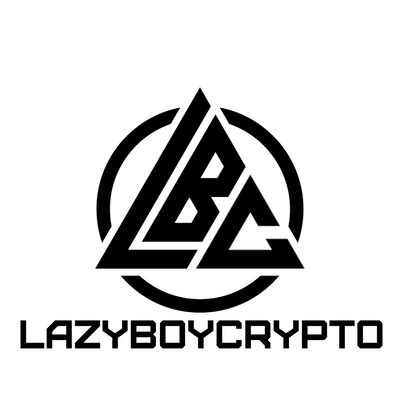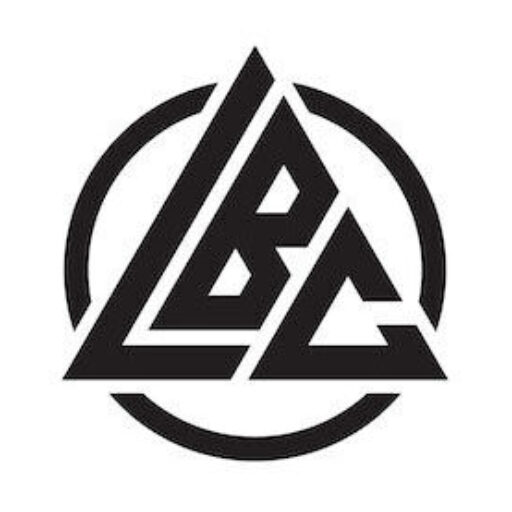What does HODL mean?
And why are there bears and bulls in crypto?
There are a lot of words thrown around on social media that might confuse you. Here is a list of the most common words and phrases you might hear when people talk about crypto.
HODL
To HODL your crypto means to hold your crypto for the long term without selling while riding the ups and downs of the market. In the stock market, this is known as having diamond hands. It comes from a misspelling of the word “hold”. Some people say it stands for “Hold on for Dear Life.”
FOMO
Fear of Missing Out. When people see prices rise they buy because they’re scared the price will keep going up and they will miss out.
The dip
As with stocks, prices go up and down. Buying the dip (when the price is down) gives you a better chance of making money if the price increases again.
Bull market
Crypto is booming and prices keep increasing for a considerable time.
Bear market
Prices are tanking. People are in the red. This can last for months.
All-Time High (ATH)
The highest price a particular cryptocurrency has ever been in its existence.
Sats
Short for Satoshi Nakamoto, the anonymous creator of Bitcoin. There are 100,000,000 sats per Bitcoin.
Smart Contract
A digital contract written in code. When certain criteria are met, the smart contract executes whatever it’s been programmed to do. Several blockchains have smart contact capabilities.
Decentralized
Not owned or controlled by any one person or group of people. E.g. A bank is centralized.
Decentralized Finance (DeFi)
Financial activities like lending and borrowing, which don’t involve a centralized authority.
Ledger
A hardware wallet and also a blockchain i.e. public ledger.
To the Moon
When a cryptocurrency (or stock) rockets in price into outer space and gives you mad gains.
Trustless
You don’t need to trust middlemen or a centralized authority.
Permissionless
Anybody can access the service or network. You won’t be denied a crypto loan for having poor credit, for example.
Altcoin
Any coin that is not bitcoin.
Liquidity Pool
Decentralized exchanges allow people to swap coins so long as there are enough of that pair of coins available. This is called liquidity. A liquidity pool is where users can deposit a pairing of coins in exchange for interest. These people are providing liquidity.
DApp
Decentralized app. You can build DApps on blockchains that support smart contracts such as Ethereum.
Block
A blockchain is made up of blocks. Each block is made up of transactions. When one block becomes full, a new block is created and added to the chain. Hence blockchain.
Genesis block
The first block of a cryptocurrency.
Coin
A cryptocurrency that runs on its native blockchain. Some coins have the same name as the blockchain itself like Bitcoin the blockchain and bitcoin (BTC) the coin. Some have different names e.g. Stellar the blockchain and lumens (XLM) the coin, or Ethereum the blockchain and Ether (ETH) the coin.
Token
A cryptocurrency that is built on an existing blockchain e.g. Compound (COMP) is built on the Ethereum blockchain. COMP is therefore a token.
Fiat
Dollars, pounds, euros etc.
Cold wallet/cold storage
When you keep your crypto offline e.g. in a hardware wallet. This type of wallet is not connected to the internet. Conversely, a hot wallet is connected to the internet.
Fork
When a blockchain splits. Bitcoin Cash is a fork of Bitcoin.
Halving
This is written into Bitcoin’s code. Every four years the amount of bitcoin that is rewarded to miners for each new block mined is cut in half. Therefore fewer bitcoins enter circulation for the same amount of work used to mine them. This means the halving decreases supply while the demand stays the same (or increases). This can have a positive impact on bitcoin’s price.
Market cap
The value of a cryptocurrency. Multiply the number of coins in circulation by the price of the coin to get the market cap. Bitcoin has the highest market cap of any crypto.
Node
A computer that connects to a blockchain and verifies transactions.
Peer-to-peer
Two people can interact with each other without a middleman. In DeFi, two people can exchange cryptocurrencies with each other, without having to use a crypto exchange.
Public key
The wallet address you type or scan when you want to send or receive crypto.
Private key
The 12 or 24 words generated when you create a new wallet. These words are unique to your crypto wallet. Whoever has these words can access your wallet and transfer out all your funds, so never give them to anyone.
NFT
Non-fungible token. Much like a certificate of authenticity, an NFT is unique and no two are the same. You cannot swap one for the other and have the same value. They are non-fungible.
Governance token
A cryptocurrency that can be used to vote on updates and changes to its respective network.
Utility token
A cryptocurrency that gives users access to certain products or services. For example, MANA is the token used to buy items within the Decentraland marketplace. Utility tokens don’t usually have much value outside of their networks.
Security token
These tokens derive value from external assets such as real estate or stocks.
Mainnet
A blockchain with its own network, code, and technology.
Consensus
When the community reaches an agreement.
Delegate
With a delegated proof of stake system, you can stake your coins to receive rewards but you do not have to participate in consensus and validate transactions yourself. You can nominate a representative (a delegate) to do it for you.
Staking
When you stake your crypto you are putting your coins to work. They are used to secure and operate the network. In return, you receive more coins of the same crypto. Sometimes staking will require you to lock your coins for a certain time period.


 Bitcoin
Bitcoin  Ethereum
Ethereum  Tether
Tether  Solana
Solana  USDC
USDC  XRP
XRP  Lido Staked Ether
Lido Staked Ether  Dogecoin
Dogecoin  Toncoin
Toncoin  Cardano
Cardano  Shiba Inu
Shiba Inu  Avalanche
Avalanche  TRON
TRON  Polkadot
Polkadot  Wrapped Bitcoin
Wrapped Bitcoin  Bitcoin Cash
Bitcoin Cash  Chainlink
Chainlink  Polygon
Polygon  NEAR Protocol
NEAR Protocol  Internet Computer
Internet Computer  Litecoin
Litecoin  LEO Token
LEO Token  Uniswap
Uniswap  Dai
Dai  First Digital USD
First Digital USD  Aptos
Aptos  Ethereum Classic
Ethereum Classic  Hedera
Hedera  Cosmos Hub
Cosmos Hub  Cronos
Cronos  Mantle
Mantle  Pepe
Pepe  Stellar
Stellar  Filecoin
Filecoin  Immutable
Immutable  Render
Render  Stacks
Stacks  XT.com
XT.com  OKB
OKB  Renzo Restaked ETH
Renzo Restaked ETH  Optimism
Optimism  Arbitrum
Arbitrum  dogwifhat
dogwifhat  Sui
Sui  Bittensor
Bittensor  Wrapped eETH
Wrapped eETH  Maker
Maker